THE ʻŪLILI RETURNS AGAIN
TO THE SANDS OF ʻANIANIKŪ
I ADMIRE THE ʻILIMA BLOSSOM
THERE AT LANIKŪHONUA
KNOW OF THE TURTLES
PLAYING IN THE WATERS
STROLL AROUND AND LISTEN
THE BIRDS ARE SINGING
FEEL THE SUN’S WARMTH
LIKE THE LAUGHTER OF THE PEOPLE
ENJOY THE MUSIC
WITH THE FAMILY OF THE HOUSE
TELL OF THE LOVE FOR OUR HOME
AND THE ʻILIMA THAT IS MOST-CHERISHED
Despite all the changes, a special aloha and mahalo goes out to Aunty Nettie Tiffany for always welcoming us back to stay connected with Lanikūhonua. This mele was written December 10, 2003 for Aunty Nettie, and it was presented to her with hula by Kiawekūpono O Ka Ua the following year at her home there.
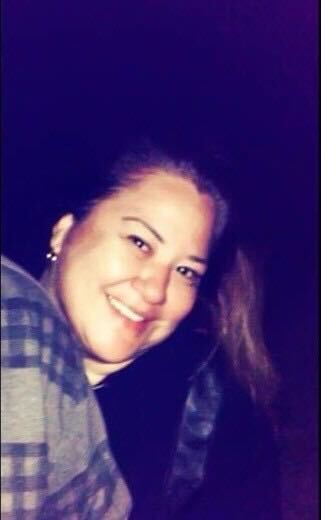
Honokai is different. We not Nanakuli, we not Ewa Beach, we not Kapolei, we’re like our own thing. And you could feel that growing up, just because everybody knew everybody. You knew your neighbors, you knew what was going on with everybody [laughs], ‘cause it’s such a small place that we all just connected… and so the school bus would come, pick us up from The Canal [a place in Honokai], or other stops along the way. But I would personally walk over to the Canal ‘cause das where all your friends stay… all of us is in this little community, for us like, even just getting on the bus and riding the bus to school was an event, and fun, and your friend save you one seat, and people going raz you [make fun of you] when you come on the bus [both laughing], so it was just fun. It was a great time… Like nobody getting mad, nobody fighting, sibling kine stuff yeah?
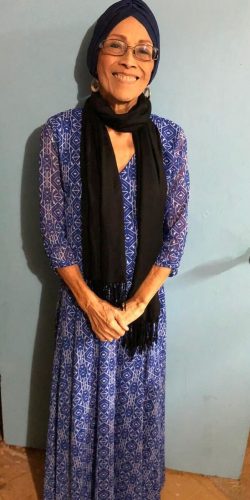
We were one of the first to buy a house there. This was in 1964… We were a tight-knit community. Everybody knew everybody. It was family. And we had a lot of [community] activities throughout the year for the kids… and the kids were very active in sports, football, baseball, flag football and all that… we had a lot of practices, and we had a lot of potluck with the families. It was the whole community that was involved. So when we had all these games, it was after the games, after the sporting event… that’s where we had our picnics with all our neighbors… . And when we had games or anything like that, I remember our mothers, you know, we were all young mothers. They would make pompom, and they were all the cheerleaders for their sons’ teams when they played against like Makakilo or ‘Ewa, fond memories of potluck, making a main dish, everybody just sharing the food, and the kids just playing… From here we became attached to the Catholic Church in Nanakuli, St. Rita’s. At first, I took care of all the book keeping and monetary collections under Father Peterson, the priest there. Later I went on to become a religious education teacher for the youth of the church. I first started teaching the elementary kids, then later I taught teenagers. At times I taught out of our house in Honokai Hale, while other times I taught over at the church in Nanakuli. I taught many of the kids of Honokai Hale.
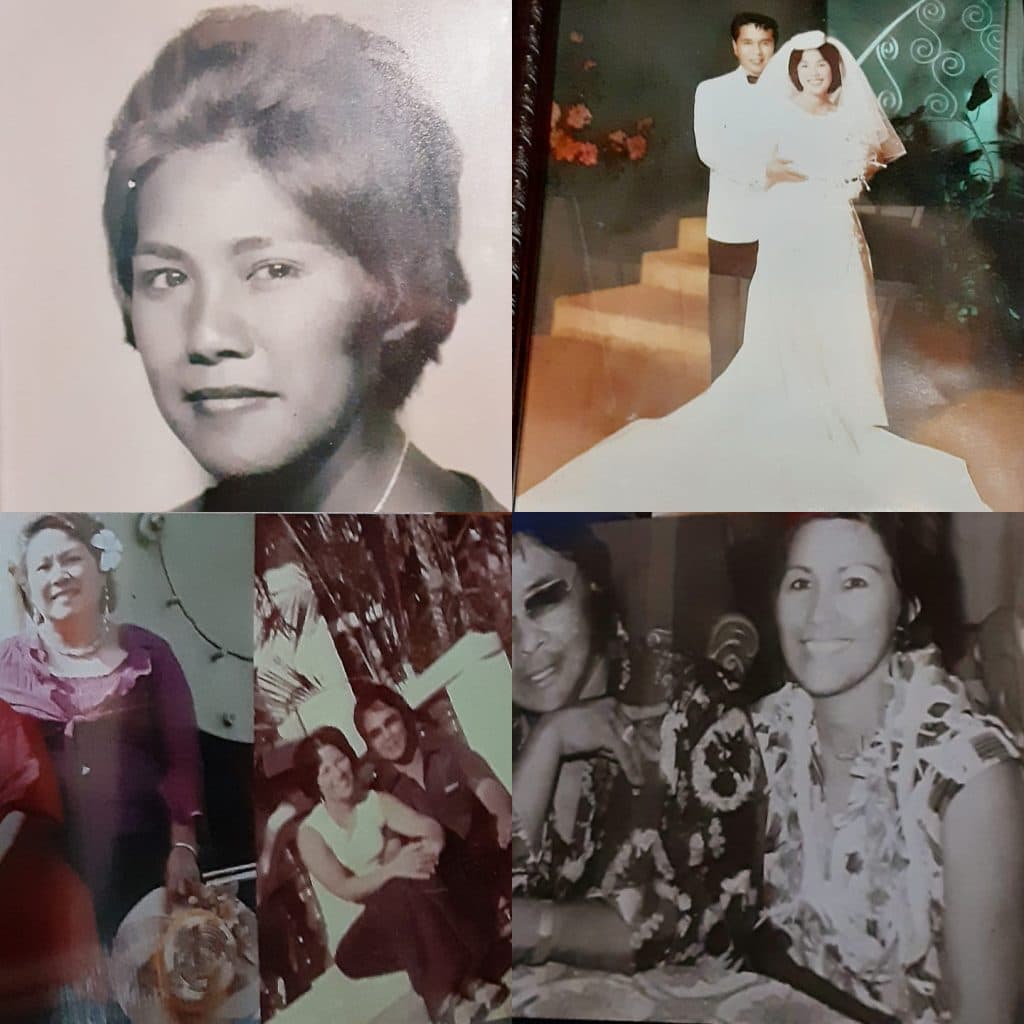
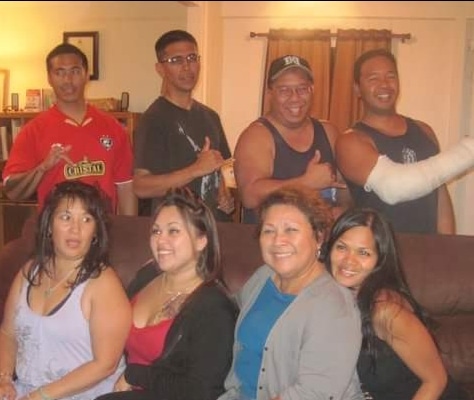
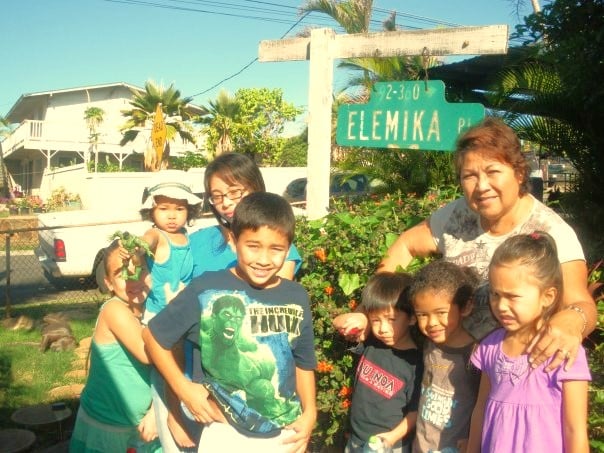
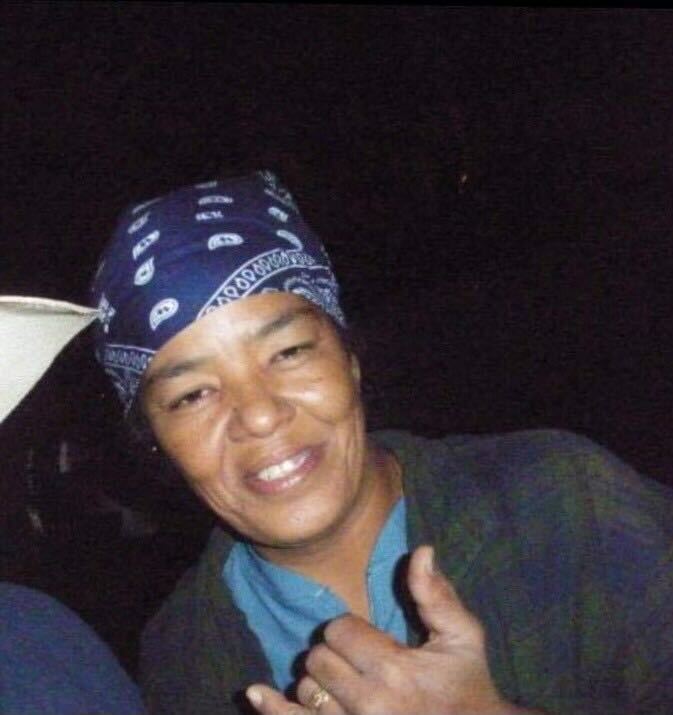
I was born here, July 8, 1965. I wasn’t even hatched yet, I mean, not hatched, born yet [laughs], but if I’m not mistaken, my folks moved in here March 21, 1965… I went to Makakilo Elementary, then Mauka Lani, ‘Ilima [Intermediate], then Campbell, then my own school [laughs]… I can say that growing up here, going into Campbell Industrial, riding bike, going West Beach, you know, before it was Ko Olina, it was nice. Was nice, you could smell the sea from the house [in Honokai].
There was nothing here, nothing, kiawe trees, big huge rocks, lotta bushes and stuff. But we did. We put one dollar down, and we got this place. One dollar. So we were so happy. We have a place. We’re gonna have a home… So oh my God, it was just a dream. Finally the day came when we moved in. I couldn’t believe. I was so thankful. And it was just wonderful, the people [in the community], the land, you could breathe air, was wonderful to move here… Slowly, as years went by, so-called progress stepped in. But that’s where I got involved because I cannot see that being taken away from us. I cannot, because we put everything into this property. Our children were raised here, they grew up [here], all of the children grew up here, and we were like one big family. So when we had pilikia, we got together. We pulled together, tried to pool our resources, but we’re not people with money. But we have the love… I didn’t want the landfill, but we got it here. I didn’t want the deep-draft harbor, but we got it here. But you know what? I fought… We’re still here. And I’m always gonna be here. This is my home.
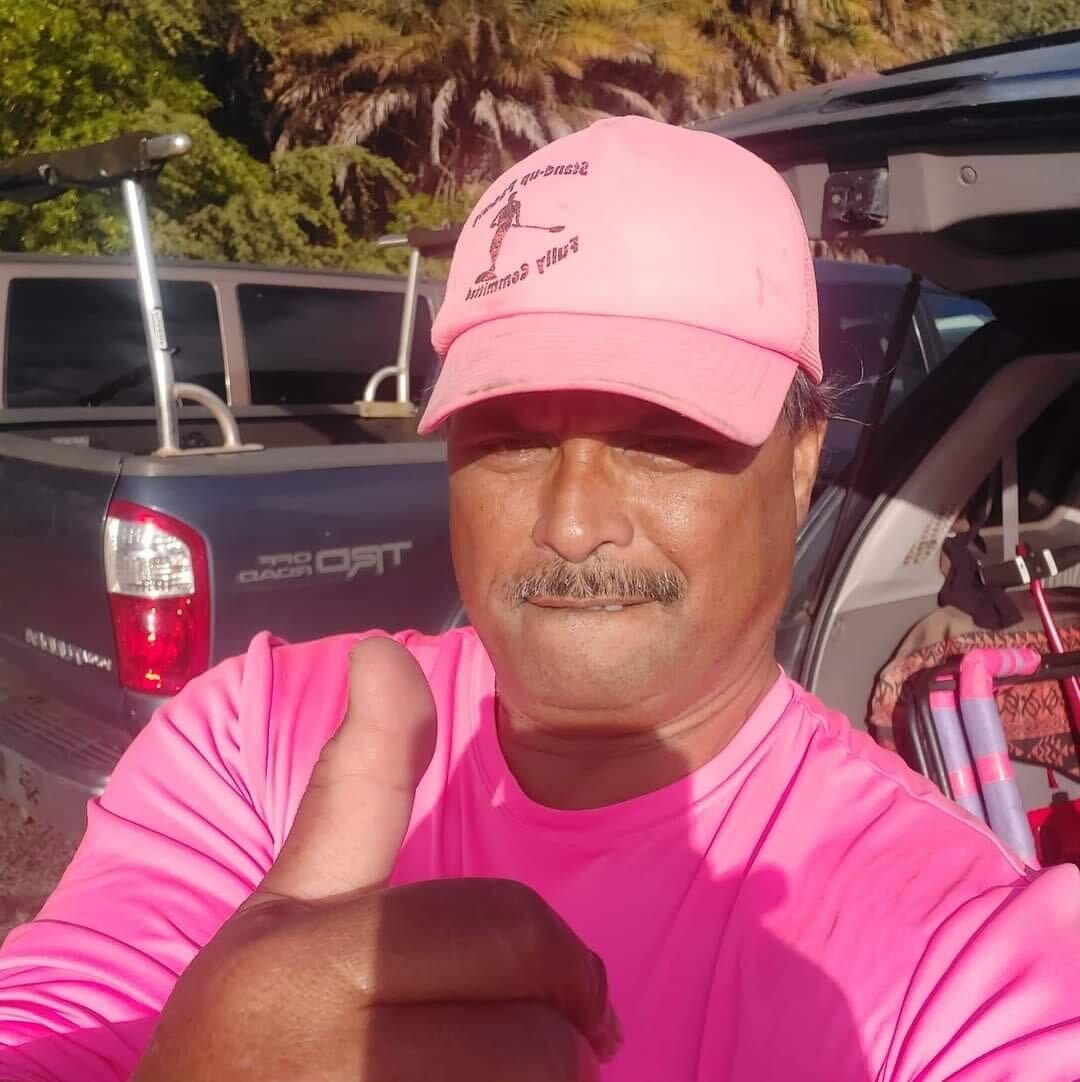
[Describing New Year’s] the celebration at 12 o’clock, I remembah, every single house, 10,000, at that time, popping 10,000 was the top of the top. You know what I mean? Nowdays they get 20,000, they get 40,000 plus. But at that time, every single house, every single house down the street had these poles sticking in the yard with the rope, if not, basketball court, they had em hanging from their garage, right? They had the basketball rim hanging from their garage. Okay from dea, some of em would put one stick on top and brace em out. But if not, you put em on top the basketball court and you just let em rip. Let em rip from that point. So at that time, it was fun. It was fun times, the New Years, the Christmases, the Turkey shoots, which was in November… Not too many people knew about it, but there was places to swim. But these are places where, you know, you really shouldn’t be, but we was doing it anyway. And das why we was one of the runts running around the place. They had cane fields, yeah? So they had this place called the Reservoir. They had Coolahs [Coolers], this place would be on the other side of the street [Farrington Highway]. We used to walk up there, [and] the older generation guys, it was a big pond… so the water trenches used to run from that small little cooler, or that small little reservoir place, which is, I don’t know, I would say probably 10 feet wide by 20 feet long [spoken with amusement], yeah, and then the water would fill up, and then that thing would flow down these small little trenches. But anyway, we would block the place off, because once the water starts to flow down the trenches, the depth of the place was only like, I don’t know, maybe two feet, waist high, because the water would run down the trench. But if you block the trench off [laughing], you block the trench off, the pool itself, or that place was actually six feet deep. So you would block the place off, the water would fill up, and then the thing would actually get more deeper. And we used to jump off a tree, jump off the tree, and do practice bombs.
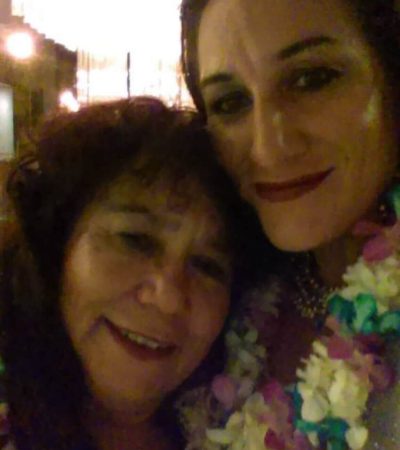
So back in the day, there was no Ko Olina and there was no Kapolei… it wasn’t on the map, and we liked it that way. It kept the neighborhood safe to not be, you know, touched by anything. A lot of the people here, they have family in Waianae that I grew up with. They have a lot of family in Waianae, they go that way, they come back… I think it’s a very beautiful neighborhood. I think that the community is tight-knit, like as far as I can see from the reunion and the community projects, like the restoration and conservation projects we have going on. Honokai Hale has to stick together. Like, you will meet so few people from Honokai Hale. You won’t meet a lot of people in this lifetime. And when they say, I’m actually from Honokai Hale, where I grew up there, you probably won’t hear these stories again… it’s still worth preserving as a cultural site, I think, not just the neighborhood, but like, that would be great, but like this whole area above and all around, like just to keep it, like leave Honokai Hale alone.
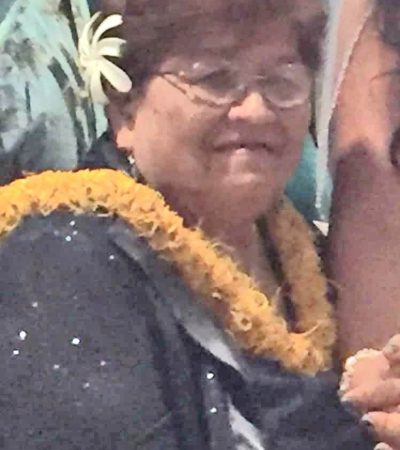
Our community was really close… So we would do like these fundraisers because all the kids, the parents had to be our coaches for baseball or for any kind of sport there was. I remember going over to the Crespo’s house, and the whole community was there. And I think we were doing huli chicken, and there was just these big, 50-gallon tubs that they were boiling the chicken in, and we had to grab a chicken and pluck the feathers and I think I was like five or six years old, and I was like, “Oh, oh, I like try.” So my mom gave me this chicken, and I’m holding it by the neck, and I’m trying to pull the feathers out. And I pull out five, and I’m like, ‘I pau, take the chicken, I pau.’ And my mom is like, ‘You didn’t even pull out enough.’ I was like, ‘It’s hard, the chicken wants to keep the feathers.’ And she’s like, ‘What?’… … … So right across the street from Ulukoa’s house is the Gouveia’s, and right now there’s a fire hydrant there, but before there was like this, this pole that went up, like a hangman kind of pole. And the trucks would come over there and pull the string, and it would fill up the water in their trucks. So when we were younger and we was hot, we would just pull the string and feel the water, um, until we got into trouble… So funny story, I got kicked out of Campbell [High School], and Nānākuli was the only school that would accept me because I was naughty. Anyway, went to Nānākuli, entered into the Brown Bags to Stardom, and I came in first place for Nanakuli. So I represented Nānākuli in the big show at The Waikiki Shell. Okay,it was really nice how Nānākuli really took me in because they had shuttled a bus for all the students to come, because we were so far away from where the contest was going to be. They shuttled a bus, a school bus, to bring everybody down. It was really nice. And so there was Nohelani Cipriano, Don Ho, Genoa Keawe, there was all these big singers, they were judges. And so after I came in second place to well, first place as a soloist, but second place overall, Na Leo Pili Mehana came in first place with the song ‘Local Boys.’ Anyway after that, I started singing with Don Ho at the [Hilton Hawaiian] Dome, where he used to sing. So he actually took me under his wing, and he was really nice to me. The amount of money he was paying me to do two songs was unheard of, but I was very thankful. And he said, “You working with me, I want you to know what it feels like to sing in this kind of arena to make this kind of money.”… … … Being secluded is not a bad thing because we were secluded and we still had had fun. Everybody still sort of keeps in touch on Facebook. We still laugh and joke about things that happened back then. We might have been the smallest community on the island, but we were very proud people. We’re proud of where we’re from… I think this is why Honokai means a lot to me,because my dad purchased a house not even knowing how many lives he would change because people would come to our house if they’re going through a divorce and their husband is beating them, my dad would have them come and live with us, the lady and her kids. When somebody is coming in from wherever and they don’t have a place to stay, they could always stay at our house. My dad made sure that it was a family house and anybody that needed to come could come. So at one point there was five generations living in my house at one time… So that was always the safe haven for anybody that needed someplace safe. So that’s what Honokai is for me. It’s a safe place. That’s a good feeling to have.
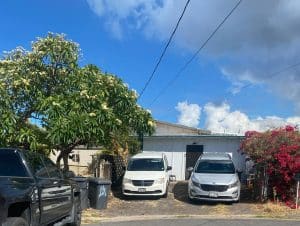
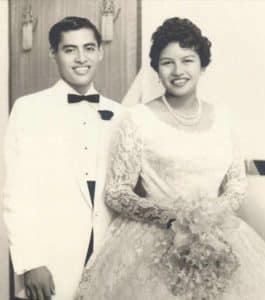
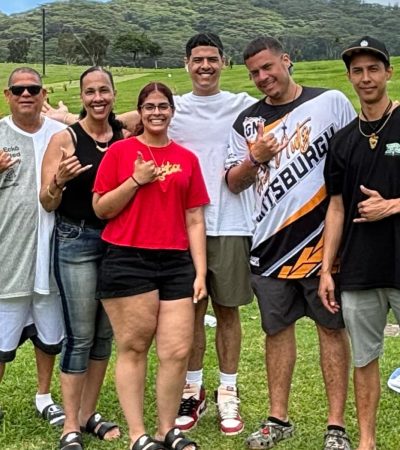
I’ve been in Las Vegas for like 23 years now. It makes me miss home a lot because Honokai Hale was family. We all knew each other, every car that passed down the street, we knew who it was, you know, they would honk and wave…. I mean we had a lot of great memories, a lot of Christmas parades, you know, the parade would come through and they’d throw candy at us and, you know, getting together celebrating the New Year’s was really, really big… You’d go from house to house and, you know, eat everybody’s food and, and wherever you fell asleep, you fell asleep. You were safe. You knew you were safe… we were there during Halloween when we last visited, and the kids were coming around trick or treating and whatnot… … And we were laughing, We said, “Remember we used to go out, we used to go out with our pillowcases?”… and we knew what houses had like ice cakes, like Mrs. Castro used to give out ice cakes… so they would make a juice with the Malolo syrup, but they would make it a little sweeter and they would freeze it. And then you would rub your cup together to loosen it up and you flip it up, and you flip it over, and you could put li hing mui, they would put, you know, certain people would have li hing mui in theirs, and they would do different things with it…. … … I had a babysitter that never charged me just so I could finish high school. She’s like, you’re going to go to school. She said, I will help you with this baby. You bring him in the morning. I will watch him when you go to school, when you get off, you come and get him. So I mean, she was a big part in his life and he really remembers her, even though she only watched him for his first year of life, she, he remembers who she is. So yeah, I mean, and that’s how close we were that, okay, you’re going to watch my kid for free. Okay. That’s fine. You know, that’s helping me out a lot… it was our neighbors, the Gouveias… … … We had great memories. Great, great memories there. You know, a lot of the people that we grew up with became family. Everybody was aunty. Everybody was uncle. My two older boys, they think that certain people are their cousins, and I have to explain to them, no, we’re not blood-related… you just respected them as aunty and uncle… we’re not blood-related, but they were still your aunty or they were still your uncle.
Written by: McQueen Kimo Punahele Ridiros & Dietrix Jon Ulukoa Duhaylonsod
Cruzin all alone that old, dusty path beneath that last kiawe tree, he found a rock and sat.







Mentions matter! Tell your friends, family and colleagues that you have spoken up for climate action. Ask them to do the same. The more we speak up, the more world leaders know how to act.
Climate crisis is happening NOW and we need action FAST. That’s why I just sent a message to #DearWorldLeaders. Go to https://dearworldleaders.org to view it. Let’s speak up to protect our future!
Explore our commitment to cultural preservation and community engagement. Whether you’re new to our traditions or a seasoned practitioner, we invite you to discover the spirit of aloha at HālauKiawekūpono O Ka Ua.
Dive deeper into our heritage and initiatives through Ka’uikiokapo and Ho’olaHani’o. Visit our pages to understand our broader impact and how you can get involved.